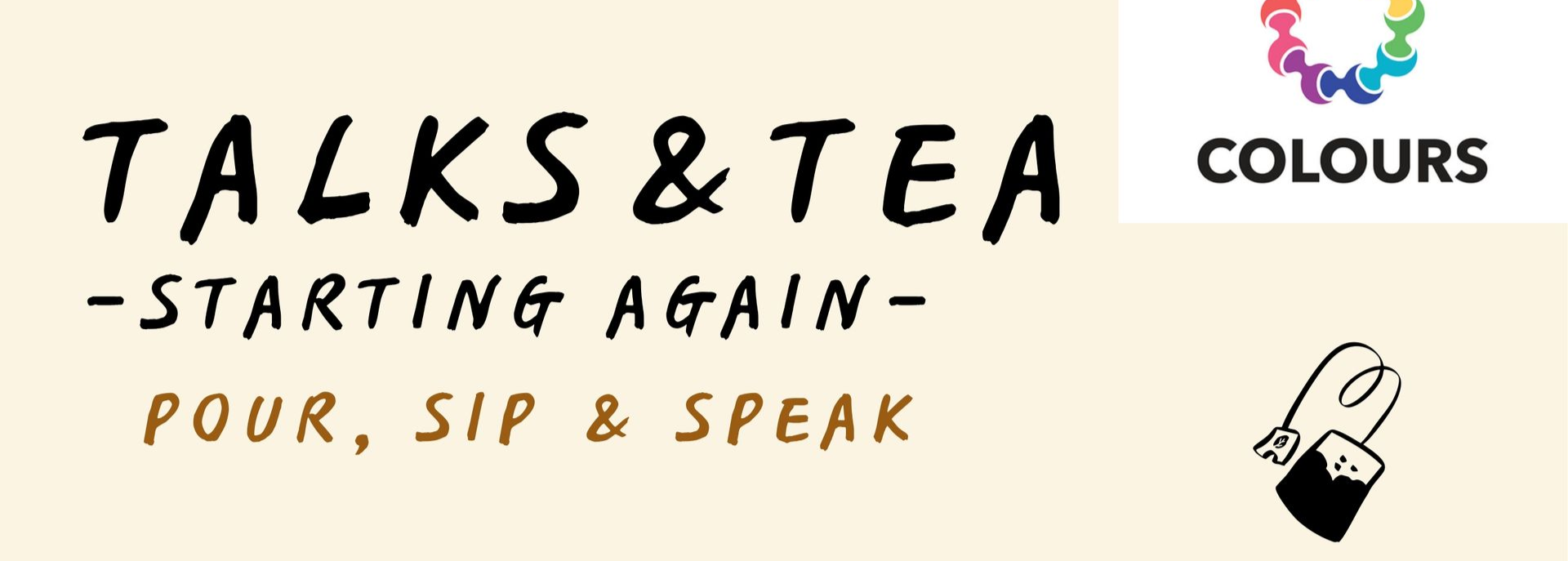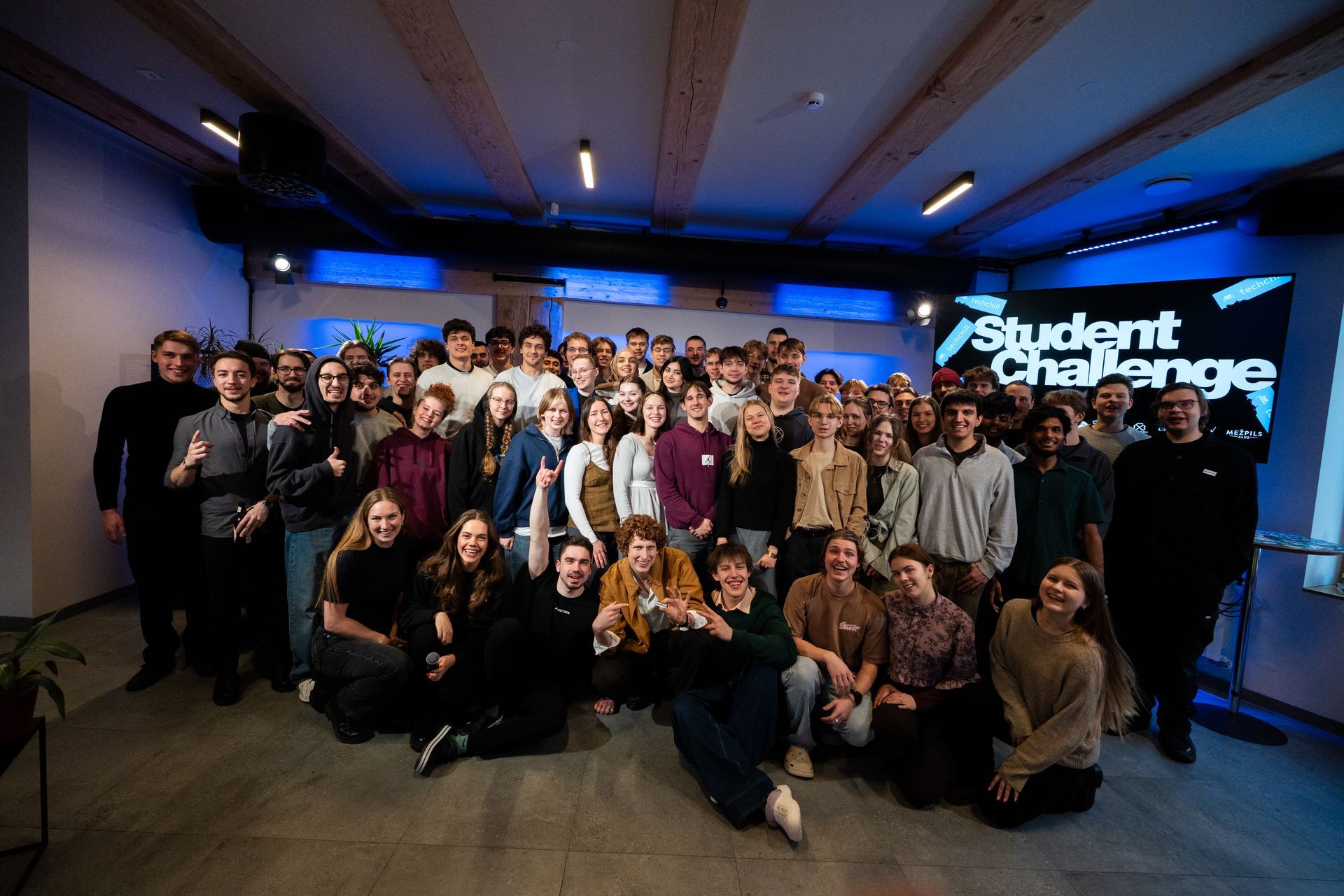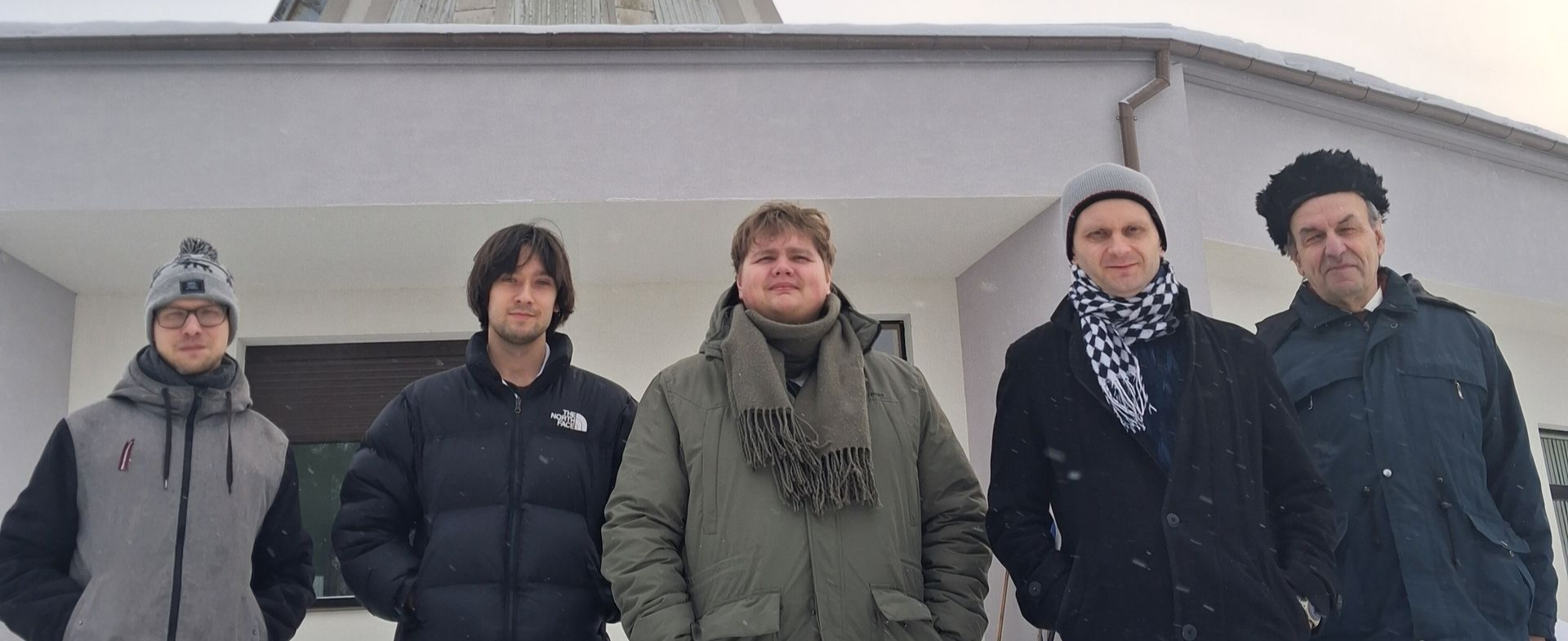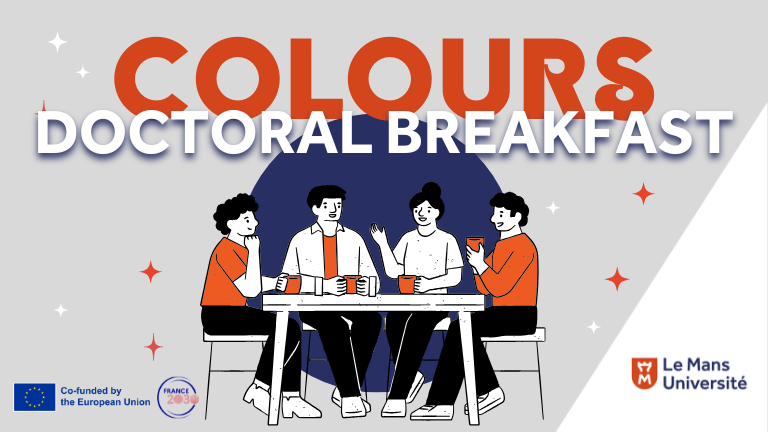Marine Le Cordroch from France. Erasmus+ story
Tell us a little about yourself!
My name is Marine Le Cordroch, I am from France from Brittany, in the west part of it. I am in my third year of Business studies and foreign languages in the university of south britanny in Lorient. I love watching movies and series and listening to music, I love going to festivals and concerts. And overall, I am a traveller who love exploring new countries and cultures. In university, I have done an internship from the 2nd of April to the 24th of May, and I have asssisted Helena Koha, the Erasmus+ coordinator, in the international office.
How did you decide to do your internship in Latvia, at Ventspils University of Applied Sciences ?
A few reasons led to this choice. But I would say that the main one is my experience I had during my Erasmus semester in autumn. I came from the end of august until mid of january and everything happened so good. Erasmus was on my top things to do and that was the best decision I have ever made and I am very happy having chose Latvia as country because I did not want to go to a famous one but really experience something new. I discovered so many things during this semester. I met amazing friends. I lived alone for the first time abroad and I realized that I really liked it and did not really miss my relatives as some can. And just the fact to be away of what we know is a really great experience and I learnt a lot about myself. And my skills in english are better. So for the internship I knew it would not be hard because I knew how it would be being here and I wanted to discover the other part of Erasmus. Then, I saw Ventspils during winter, I had to see it in spring ! And the last thing is I know that having as experience a study period and an internship abroad is an advantage for the job market, espacially with the job I would like to do.
Tell us a little about the internship here, what you liked, what you didn't like, what were the tasks of the internship, any interesting projects you participated in, what skills or knowledge have you gained, etc.
I was in the international office with Helena. My main tasks wer to create visuals for communication, I really liked doing that because I like using design platforms and use my creativity. I also helped in the organization of some events. For me, I really liked to participate in the Culture days in which I represented France. I could share my culture and show it to the students, it was fun and the process to get here was interesting.
What are some similarities or differences between your internship/studies in France and Latvia? Are there any teaching methods or academic practices at VUAS that are different from those in France?
I would say that they are more differences than similarities. For having studied here, I can say that the lecture rhythm is not the same. I would say that it is more difficult in France, we can have a big day like start lecture at 8am and finish it at 6pm several times in a week, the same for the exam period, I was surprised that here there is a whole month to pass the exams, in france, we pass all in a week even if we have to do 2 exams in a day. But one difference is that here everyone speaks english very well and that is not the case in france. Most of people only know the basics and struggle to have a conversation with a non french-speaker.
Did you have any expectations about Latvia before coming here?
I did not really have expectations, I just came here without any cliches in order to be able to make my own thoughts about Latvia. Just maybe about the english thing but as I said, I was surprised to see that most of people I met are almost bilingual and I did not expect that, and that is a good surprise.
After staying here for several months, are there any things you very much liked about Latvia?
I loved a lot of things here in Latvia. Concerning the food, I discovered the “Biezpiena sierini Karums” and that is very good, I also got through the latvian culture with the balsam, the currant one and I have to say that now I love it. I have tasted quite a lot of typical latvian food and I almost liked everything. About songs, I have two that remind me a lot about some great moments I had here and it is “Lidmašīnas” and “Meitene”.
Being here in Latvia, what culture shock moments (cultural differences) did you experience?
I do not really have a big culture shock but indeed some stuff surprised me. The first one I would say that it is the way of greeting people, here you do not really great eachother or something, maybe it is because in France we do the kisses on the cheeks but I found that really weird for me to not do anything to greet. The second one is about alcohol, like you can not pop up in the street with alcoholic drinks or drink in it, it is forbideen so you have to hide yourselves. In France it is not forbidden, you can drink in the street or have alcoholic drinks in the street. And the last thing is th fact of how clean the streets are, there is no rubbish in the street and it is so nice to see people actually respect nature. That is not the case in France, it is common to see waste on the street.
Share on other platforms
Other news







